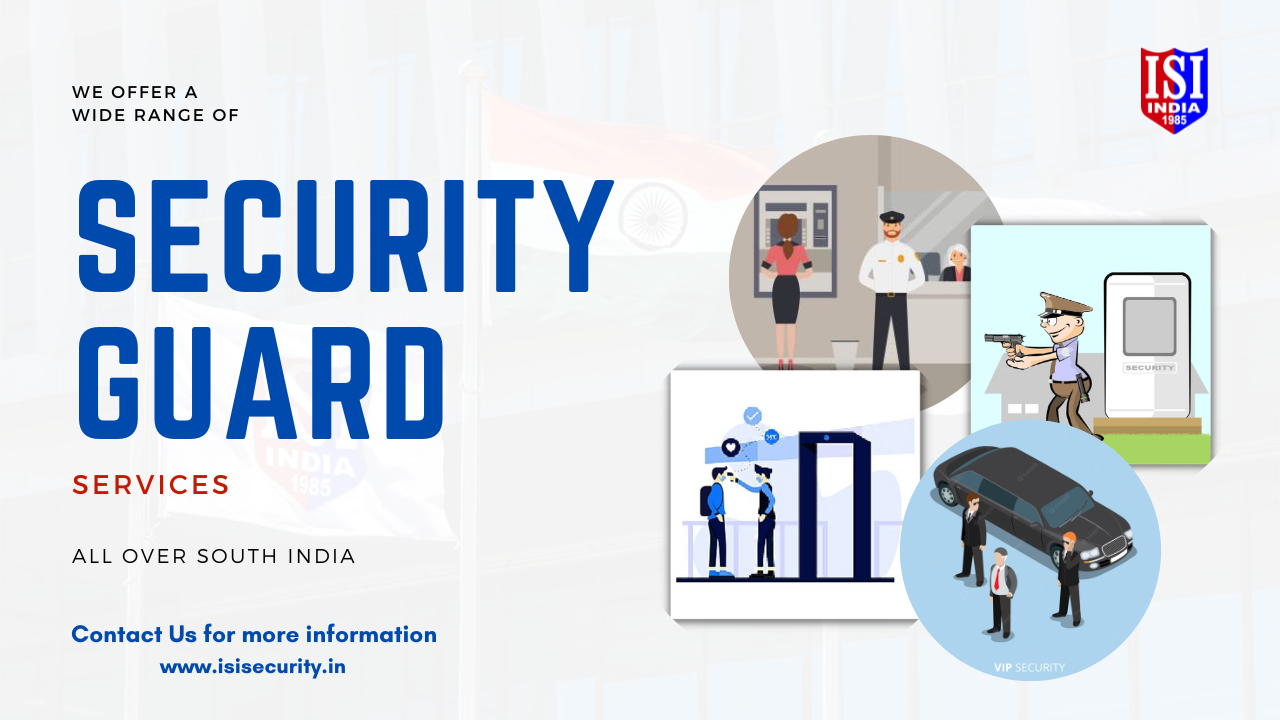
Security officers are those who work for private or public security firms, and their primary responsibility is to safeguard both people and private or public property.
They may work for private security guard company or state security firms.
Different Security Officer Types.
- Guards with guns – Armed Security Guards
Guards carrying weapons are known as armed guards. Armed security guards are helpful in situations with high levels of violence and when there are priceless items involved.
A person who works as an armed security officer most likely has a military background, such as a retired military person or any paramilitary person, and it is vital that they have firearms handling expertise.
Armed security officers receive more training from private security firms than unarmed security officers.
- Security guards without weapons – Unarmed Security Guards
Security officers without guns on them are known as unarmed security officers. This is the opposite of an armed security guard.
A security officer who is not armed is appropriate in many instances where the use of a weapon is not necessary. They are permitted to carry non-lethal weapons like tasers and pepper spray.
These security personnel are employed by security firms to provide protection at places including schools, malls, parking lots, parks, and retail establishments.
- Security guards with Plainclothes
Here, the term “plainclothes” refers to attire that helps the security guard stand out from the crowd.
Everyone should be aware of the guard’s role in some specific circumstances, and in these instances, the guard should stand out among the other persons there.
- Security guards with Uniforms
The masses are always drawn to the uniformed security personnel. The presence of uniformed security agents helps deter crime because no one would dare participate in a crime, such as a robbery, in their presence.
- Proprietary Guards
Proprietary security officers are those who are employed directly by businesses (private or public security companies).
- Contract Security Guards
Security officers who are employed by security firms for a specific amount of time are said to be on contract. They are paid according to the company’s pay schedule, but they are not a part-time worker.
- Patrol Security Guards
The region that patrols security officers are responsible for is given to them by their security firms. Dedicated security personnel circulate in the region in varying shifts.
Additionally, they can move using the vehicle.
- Close Protection Guards
Personal security officers are individuals who are engaged to provide protection for a specific person. Security firms thoroughly investigate the backgrounds of these security employees.
Close protection or executive protection is the title given to the role these guards are assigned.
These guards are also referred to as BODYGUARDS. Due to the fact that no two days on the job are ever the same for these officers, they are trained for a variety of situations.
These security professionals receive the highest training possible from security corporations, and they are paid far more than other sorts of security officers.
- Residential Security Officers
The private properties are protected by security guards who are hired. These guards are trained by private security firms so that security officers can simply keep an eye on their behaviour.
The resident’s windows and doors must be observed by these security guards at all times. The main gate is guarded by a big residence and a massive gate, and the guards maintain control of the area from there.
- Business Security Officers
Security guard agencies use security officers to provide protection for business-related items.
These corporate property officers are granted full authority by security companies, and the guards are given straightforward instructions, such as not letting anyone into the business without an official appointment or identification card.
Conclusion,
Security personnel are required at corporate buildings such as offices, corporate headquarters, complexes, etc. to keep track of who enters and leaves the building. Without the appropriate appointment and identity guard, no one is permitted entry into the building by these guards.
To protect both people and inventory, security guards are stationed at the warehouse building.
These guards are on duty around-the-clock and work in shifts. Because there is no need for specialised training to keep an eye on a warehouse, security guard companies permit them to take a break for a few hours and barely train them.